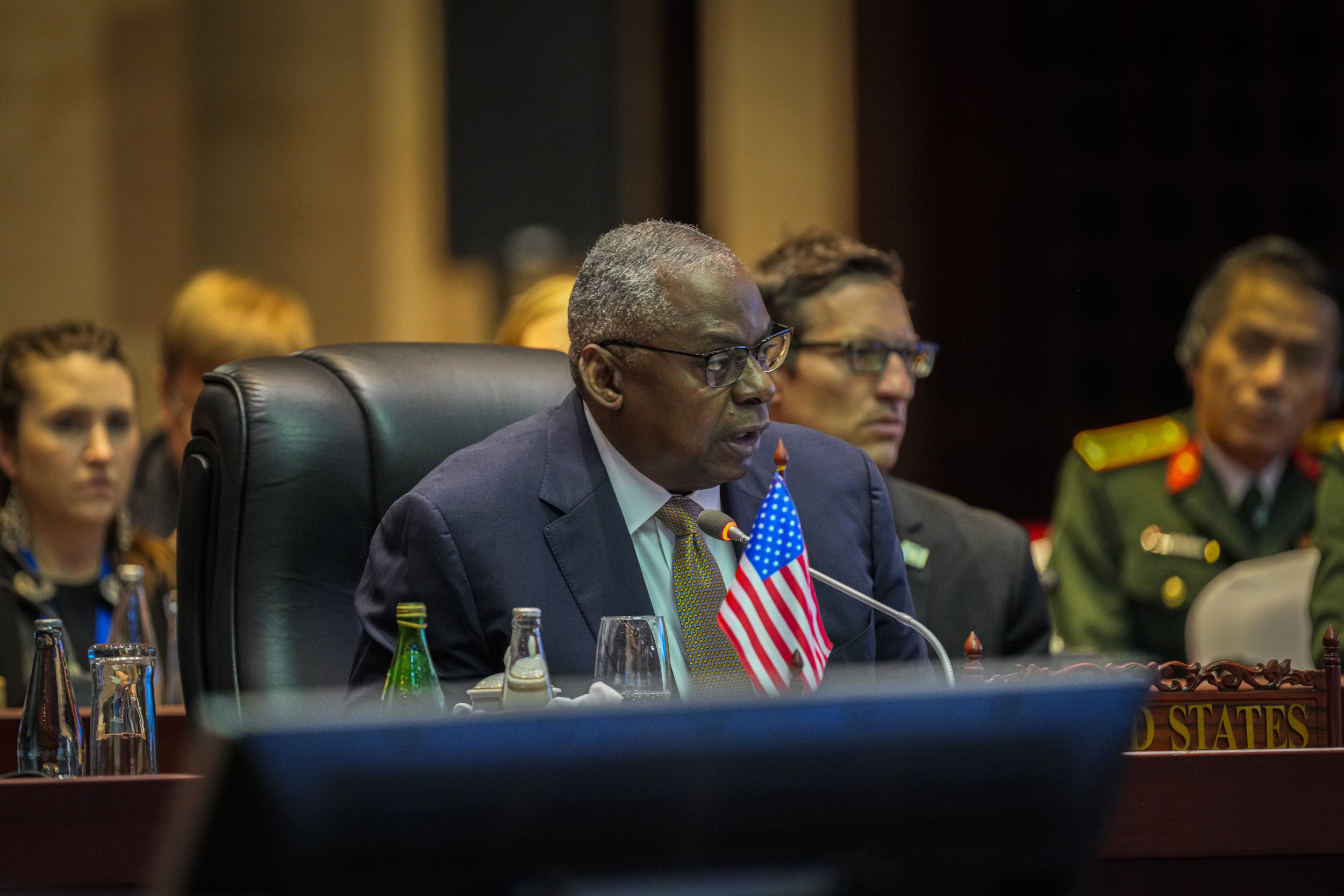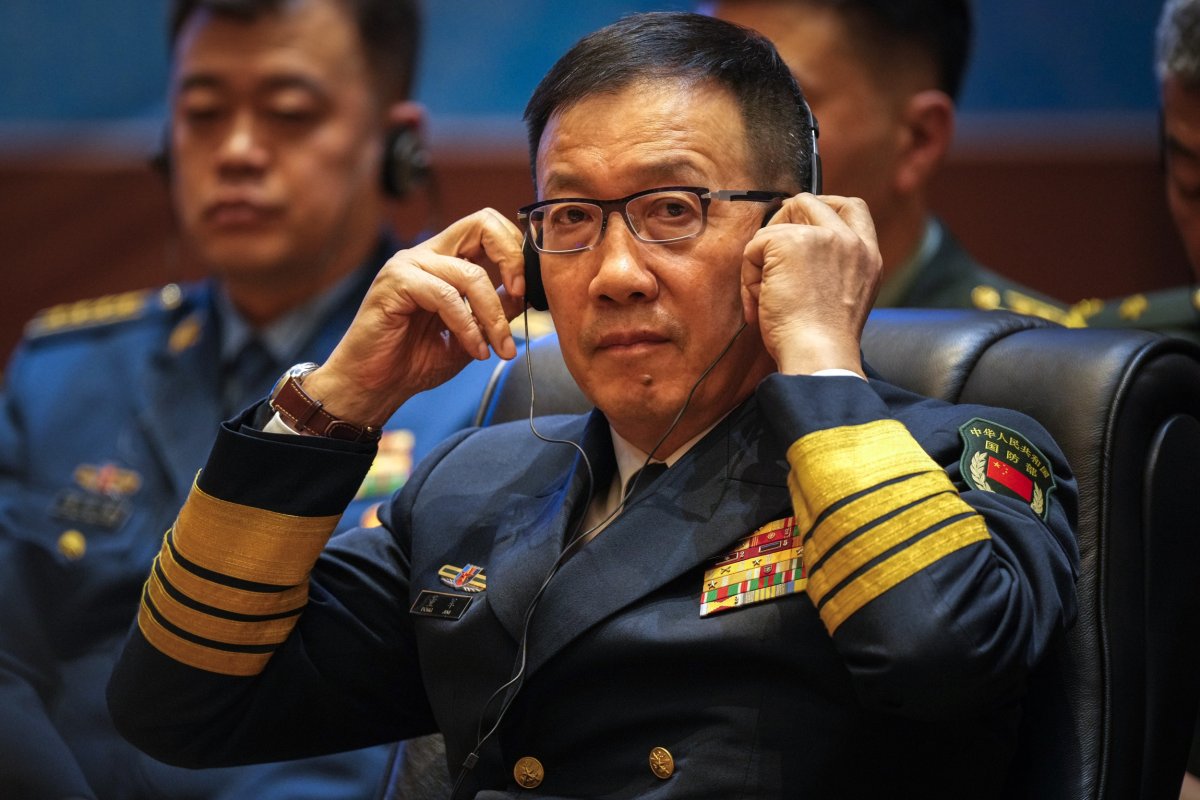
China said it rejected a bilateral defense ministers’ meeting with the United States because Washington disrespected its “core interests” by continuing weapon sales to Taiwan.
The Pentagon said on Wednesday that China had rejected U.S. Defense Secretary Lloyd Austin‘s proposal to meet his Chinese counterpart, Dong Jun, at the Association of Southeast Asian Nations’ two-day meeting of defense ministers in Vientiane, Laos.
China said the rationale behind its decision was a recent U.S. arms sale to Taiwan, a self-ruled island that Beijing views as its territory, CNN reported. Washington approved a $2 billion arms package last month, which included three surface-to-air missile systems.
Senior Colonel Wu Qian, a spokesperson for the Chinese Defense Ministry, said on Thursday that the responsibility for the failed meeting between the countries’ defense chiefs lay “entirely with the U.S. side.”
“The U.S. can’t damage China’s core interests on the Taiwan question while seeking to communicate with the Chinese military as if nothing has happened,” he continued, while urging the U.S. to respect China’s interests and to “create favorable conditions” for high-level bilateral military exchanges.
Anupam Nath/AP Photo
Newsweek contacted the Pentagon and the Chinese Defense Ministry for comment by email outside normal working hours.
Liu Pengyu, a spokesperson for the Chinese Embassy in Washington, D.C., previously told Newsweek that the sales “seriously undermine China’s sovereignty and security interests”—a “gravely wrong” move that escalates tensions between the two nations.
During his meeting with U.S. President Joe Biden in Lima, Peru, last week, Chinese President Xi Jinping listed four “red lines” for China, including the matter of Taiwan. He demanded that the U.S. support Beijing’s “peaceful reunification” with the island.
China has refused to renounce the use of force to resolve the cross-strait issue. In October, its military held a large-scale exercise around Taiwan—testing its capabilities in combat patrols, blockades on key ports and areas, and assaults on sea and land targets.
According to a readout provided by the White House, Biden told Xi in the meeting that the U.S. opposed “any unilateral changes to the status quo from either side” of the Taiwan Strait and called on China to end its “destabilizing” military activity around Taiwan.

Anupam Nath/AP Photo
Speaking to reporters in Vientiane about the failed meeting, Austin said, “It’s unfortunate.” He added that China’s decision “affects the region because the region really wants to see us, you know, two significant players in the region, two significant powers, talk to each other. And that reassures the entire region.”
He did not believe the decision, which he called a setback for Southeast Asia, meant a broader breakdown in talks between the two countries. “I don’t think that it has any sort of implications for the future,” he said, adding that “the right time to meet is any time.”
The U.S. and Chinese defense ministers have met before. On May 31, they discussed bilateral defense relations and regional and global security issues in Singapore during the Shangri-La Dialogue. They also had a video teleconference call on April 16.
